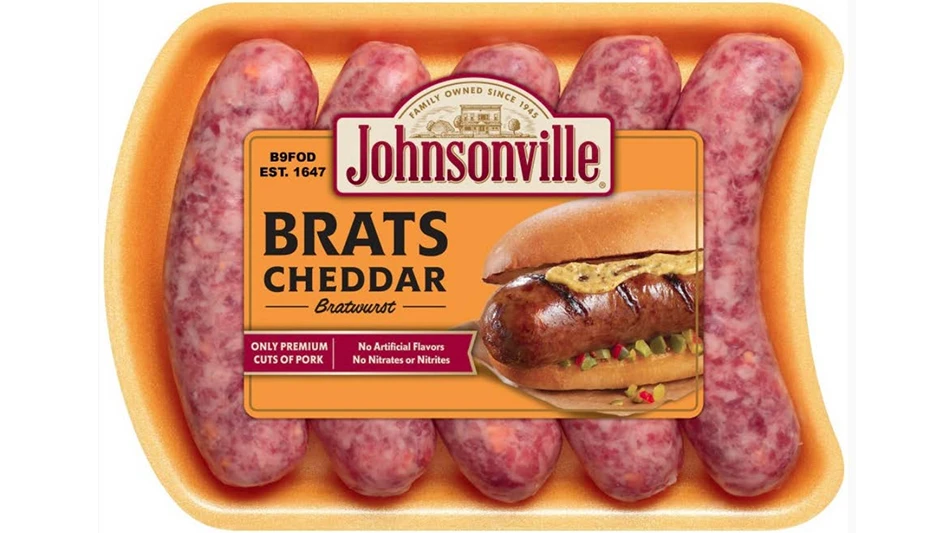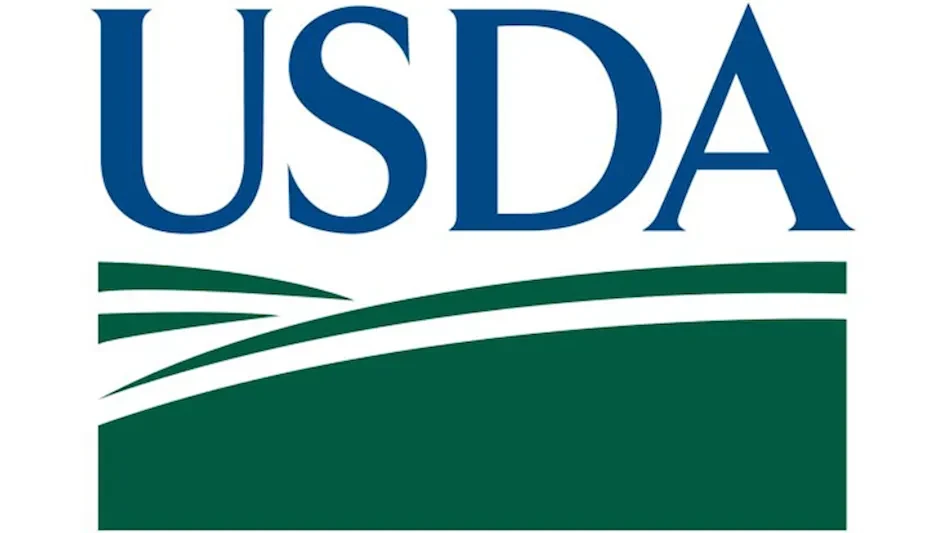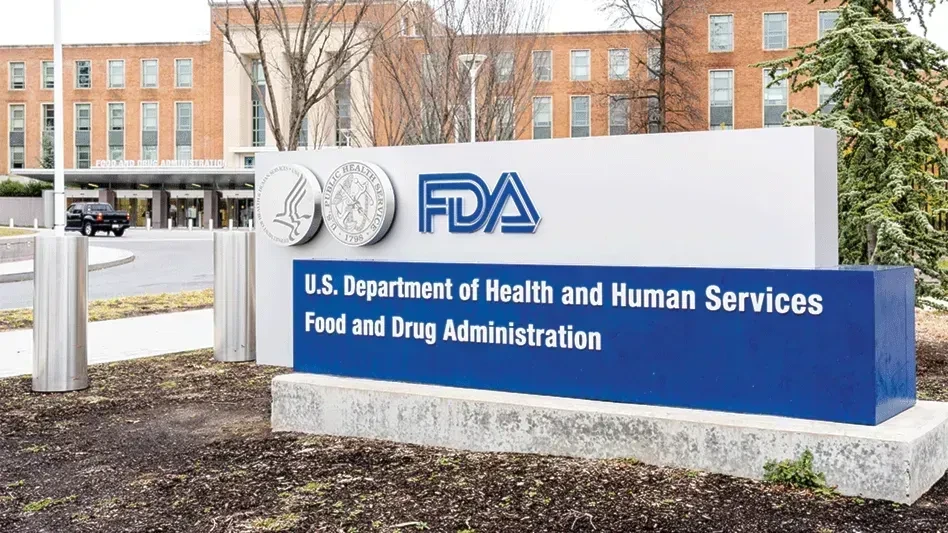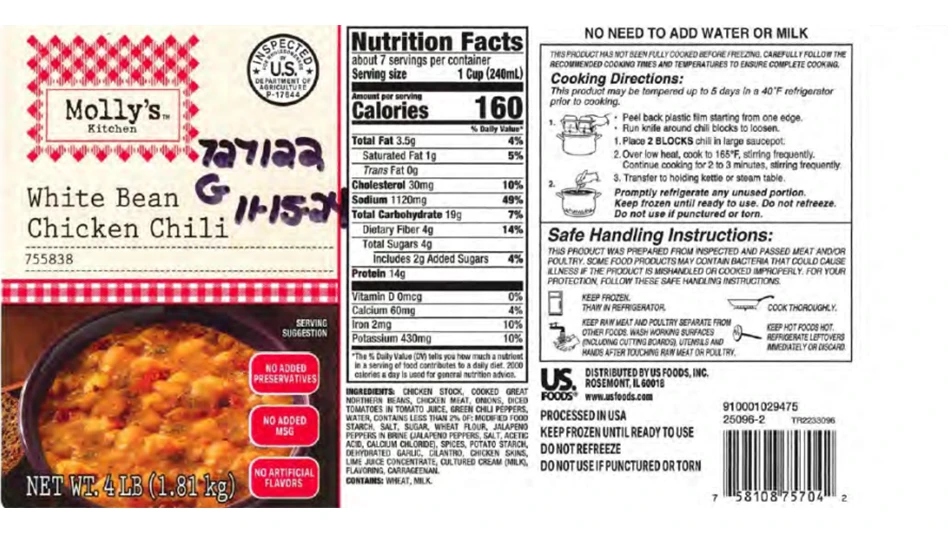The grocery list on the refrigerator has changed. The list, which just a year ago, may have included crab, artichoke hearts and [Brand Name] milk, now more frequently reads cod, carrots and [store brand] milk.
Though it may have taken a bit longer to affect food, the declining economy is impacting food processing in the same way it has gradually been impacting industry after industry: Luxury foods are being cut out of the budget while staples gain a greater chunk of consumers’ paychecks.
Need for Success. In this economy, said Bruce Ferree, quality manager for California Natural Products (CNP), “You have to be producing a commodity people need to stay successful.” The Lathrop, Calif., company manufactures rice-based food ingredients – a relatively inexpensive staple of many products. “The economy really hasn’t affected us yet. We still have tremendous amounts of demand,” Ferree said.
The statement is seconded by Ann Berres-Olivotti, senior manager of technical services for Foremost Farms, a dairy cooperative headquartered in Baraboo, Wis. “I don’t think the economy is really having any effect on our programs.
We’ve always operated lean as we can,” she said, adding, “The dairy industry has undergone more hardships than other industries, so this is nothing new.”
This is in part because of the variety of dairy products the cooperative produces, including cheese, milk, cream and whey products. “When one is doing poorly, the others pick up,” said Quality Assurance Manager Dave Jelle. For example, whey products have become particularly popular now, he said.
“We probably see people looking harder at them because they are less expensive than other ingredients, so they can decrease usage of more expensive items.”
In the same way, CNP’s second line of business, aseptic paperboard packaging, provides an economic and green option for many products, such as soups, teas and wines, fitting well with today’s trends. Wine cubes, for example, are growing in popularity for manufacturers and consumers. With a single truckload of paperboard containers equaling the fill capacity of 26 truckloads of glass bottles, the impact is both environmental and economical. “One of the things that’s really helped us is that the wine business is really growing,” Ferree said.
However, Ferree said, CNP faced some difficult economic times prior to the current decline. “The economy did hurt us a while back in the rice business,” he said. Facing a shortfall of worldwide rice supplies in 2004, the company had to adjust its pricing; but its strategic growth during that time and since has been beneficial. “We purposely cut back five years ago for strategic growth,” Ferree said. It was a strategy which focused the company on the right products and the right customers and has helped it successfully negotiate today’s economy.
Increasing Efficiencies. One aspect of Foremost Farm’s leanness is that of keeping an eye on spending in all areas to ensure efficiencies. Citing its clean-in-place (CIP) systems as an example, Berres-Olivotti said, while the dairy would not cut back on the frequency of cleaning, they do make sure that the cycles are accurately set and that all are needed. Foremost Farms continually works with its suppliers to guard against waste and ensure that all energy and water usage is correct.
Energy usage is, in fact, another key area of focus for the company, particularly as relates to transportation, which is a significant cost for dairies. “We are becoming more efficient in picking up milk at the farm,” Berres-Olivotti said. “The cost of getting goods to the plant is one place you can save a lot of money.”
“Energy is a large part of our cost of goods,” she added. “For several years, we’ve been looking at means of reducing energy.” And in fact, the downturn of the economy has made it simpler to cost justify of some programs which may not have previously received funding.
“There are a lot of efficiencies out there,” Jelle added. “The economy just makes us look closer, and ask ‘Where can you cut costs without jeopardizing quality?’ For example, Jelle said, the dairy is likely to holde off on system updates which may be nice to have but are not essential.
A Culture of Safety. Another area of focus for Foremost Farms which has elicited what may be a surprising amount of savings is OSHA recordable incidents. Since 2005, the company has reduced its incident rate by more than two-thirds, with significant year-to-year decreases of 15.2 in 2005; 7.7 in 2006; 6.6 in 2007; and a year-to-date rate for 2008 of 4.5.
The reduction is showing impacts across production areas in both quality and economics, Jelle said. “When you work safer, you’re also doing a better job in quality. It’s really about changing the culture, awareness, and holding people accountable.”
Worker safety is an area on which a company should always focus, Jelle said, but not everyone realizes the cost-savings that goes along with it. “You need to do it anyhow,” he explained, “but we really find that a safe work place saves money. It is measurable in dollars.”
And those dollars are particularly significant in tough economic times, whether they are focused on worker or food safety. Wayne Benson, director of sales and marketing at Ingersoll Rand, is seeing increased industry interest in the company’s new sanitation technology due to its food safety aspects.
While food safety is always critical, its economic repercussions can become even more impactful when a business is facing economic hardship. “In a softer economy,” he said, “food safety incidents, which would have cost a lot of money in the past, could now put you out of business.” QA

Explore the December 2008 Issue
Check out more from this issue and find your next story to read.
Latest from Quality Assurance & Food Safety
- Taylor Farms Linked to Romaine E. coli Outbreak as Marler Clark Files Multiple Lawsuits Against Supplier
- IAFNS Announces Winners of Emerging Leader Awards for Food Safety, Nutrition
- FDA Shares Testing Results for PFAS in Bottled Water
- Provision Analytics Adds Food Safety Expert Jennifer Williams to Strategic Advisory Group
- Boston Sword & Tuna Protects Seafood Safety with Mettler-Toledo Metal Detectors
- IFT Releases New Resources to Aid Food and Beverage Industry in Sugar Reduction
- Yum! Brands CEO David Gibbs to Retire in 2026
- Penn State Extension Offers Short Course on Food Microbiology and Safety for Food Plant Workers





